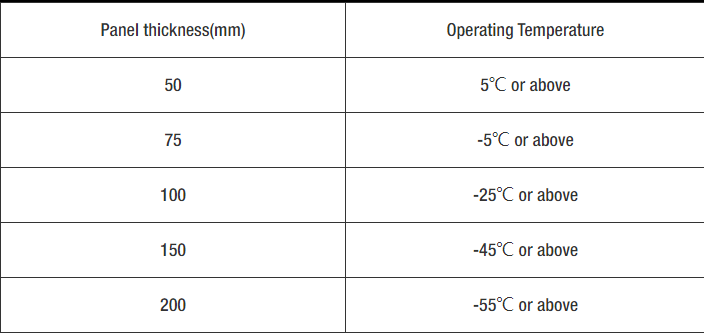40ft refrigerated container
The Importance of 40ft Refrigerated Containers in Modern Logistics
In today's globalized world, the transport of perishable goods is a vital component of the supply chain. With an increasing demand for fresh produce, pharmaceuticals, and other temperature-sensitive commodities, the need for reliable and efficient transportation solutions is paramount. One of the most effective innovations in this field is the 40ft refrigerated container, often referred to as a reefer container. This article explores the significance of these containers in modern logistics and their impact on trade and food safety.
Understanding 40ft Refrigerated Containers
A 40ft refrigerated container is a standardized shipping container that is equipped with a refrigeration system to maintain a controlled temperature environment. These containers typically measure 40 feet in length, 8 feet in width, and 8.5 or 9.5 feet in height, providing ample space for transporting a significant volume of perishable goods. They can be used to transport a variety of products, including fruits, vegetables, dairy products, meat, seafood, and pharmaceuticals.
The refrigeration unit in these containers operates using electricity and can be set to maintain specific temperature ranges. Depending on the type of cargo, these temperature settings can vary widely; for example, while fresh fruits may be stored at 0-10°C, frozen goods require a temperature of -18°C or lower. This ability to maintain precise temperature control is crucial for preserving the quality and extending the shelf life of perishable products during transit.
Ensuring Food Safety and Quality
Food safety is a significant concern in the logistics and transportation of perishable goods. Spoilage can occur quickly if temperature controls fail, leading to economic losses and risks to public health. The 40ft refrigerated container helps mitigate these risks by providing a stable environment that prevents the growth of harmful bacteria and pathogens. They are designed with insulation materials that minimize temperature fluctuations, ensuring that contents remain within the desired range from the point of loading until the final destination.
Additionally, the widespread use of these containers promotes compliance with food safety regulations. Many countries have stringent guidelines regarding the transport of perishable goods, and using certified refrigerated containers is often a requirement. By ensuring that products are transported in appropriate conditions, companies can avoid costly recalls and maintain consumer trust.
40ft refrigerated container

Enhancing Global Trade
The global trade of perishable goods has expanded significantly in recent decades, driven by consumer demand for fresh produce and a diverse range of food options year-round. The introduction of 40ft refrigerated containers has revolutionized the logistics industry, making it possible to transport perishable goods over long distances without compromising quality. This transformation has enabled countries that are geographically distant to engage in trade, opening new markets for farmers and producers.
Moreover, the flexibility of these containers enhances supply chain efficiency. They are compatible with various modes of transport, including ships, trucks, and trains, allowing for seamless intermodal transportation. This flexibility contributes to reduced transit times and lower logistics costs, ultimately benefiting both suppliers and consumers.
Environmental Considerations
As the world becomes increasingly aware of the impact of logistics on the environment, the shipping industry is working towards sustainable practices. The utilization of 40ft refrigerated containers is evolving to address these concerns. Innovations such as energy-efficient refrigeration technologies, solar-powered units, and eco-friendly insulation materials are being implemented to reduce carbon footprints. These advancements not only help companies comply with growing environmental regulations but also cater to the eco-conscious preferences of consumers.
Conclusion
The role of 40ft refrigerated containers in modern logistics cannot be overstated. They are essential for ensuring food safety, enhancing global trade, and promoting sustainable transportation practices. As the demand for perishable goods continues to rise, the importance of these innovative containers will only grow. The logistics industry must remain adaptive, investing in technology and infrastructure to meet changing consumer needs and environmental challenges. By doing so, it can continue to support the global economy while safeguarding public health and the planet.
















































































































